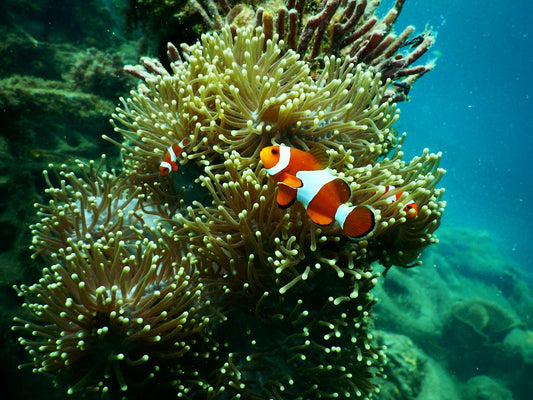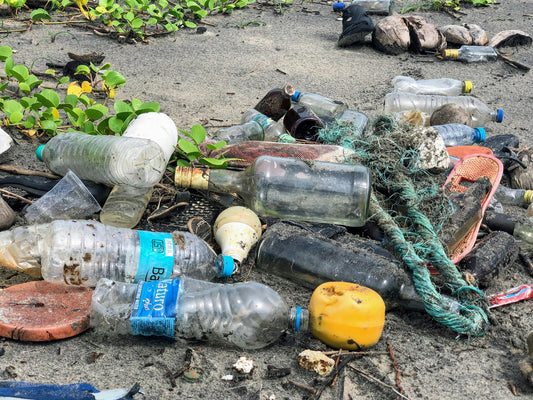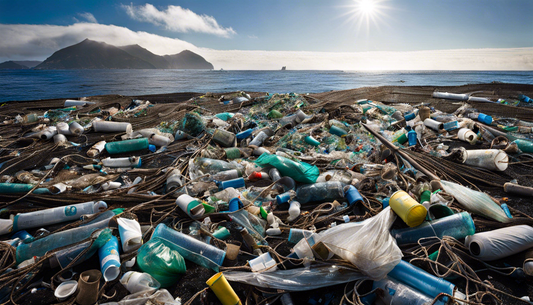Share
The Perils of Nighttime Light Pollution:
A recent report from The Guardian draws attention to the harmful impact of light pollution on some of our smallest nocturnal friends - invertebrates. These petite helpers that work the night shift provide an array of crucial functions to our ecosystem, some of which are even performed more efficiently and diversely than their daytime counterparts. Invertebrates, such as moths, caterpillars, and fireflies, meet untold hardship in their nighttime activities due to the pervasiveness of light pollution.
Moths in a Glow's Grip:
The ubiquitous artificial light has been identified as a subtle, but potent disruptor of ecosystems, affecting wildlife, human health, and energy consumption. For instance, the moth populations seem to have taken a massive hit. A study from 2021 uncovered that areas with street lights had 52% less caterpillar presence than the ones without. The dire consequences don't just stop at the moth level - they echo across the food chain. Birds like blue tits face significant hurdles feeding their young due to dwindling caterpillar numbers.
Diminishing Dances of Fireflies and Dung Beetles:
Light pollution's repercussions aren't exclusive to moths: bats alter their flight patterns, dung beetles struggle to navigate, crickets chirp less, and plants witness their natural growth cycles shift. Even our magical lightshow providers - fireflies and glow-worms - are disadvantaged by artificial LEDs. The insects mistake the artificial illumination for potential partners, thereby limiting their mating and reproduction prospects.
Bringing Back the Dark:
But fret not! The problem of light pollution is easily solvable, no complex cleanup ops required. Simply switching unnecessary lights off can drastically mitigate the issue. Thoughtful strategies prioritizing lighting methods that cause minimum light pollution can help us strike a balance between societal needs and the health of the natural world. Organizations such as Buglife are already encouraging campaigns for reducing light pollution - everyone can play a part by turning off lights or closing curtains whenever possible.
As we continue to shed light on environmental issues, it's becoming clear that we need to be just as mindful of the light we're taking away. Because after all, everyone deserves a good night's sleep - even our tiniest friends.
We hope you enjoyed this article. Please feel free to leave a comment below if you want to engage in the discussion.
If you want to read more like this, make sure to check out our Blog and follow us on Instagram. If you are interested in truly sustainable products, check out our Shop.
Check out the original source here.








